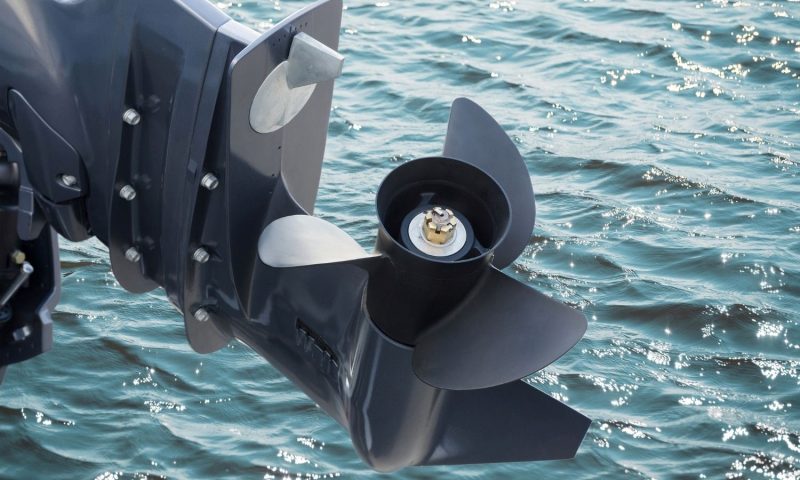Knowing the most common problems with an outboard motor can help you spot when something is wrong or prevent any issues from happening at all.
With winter in the rearview mirror, it’s almost time for prime boating season. Cruising with friends and family is enjoyable for all parties involved, but it can’t happen without a quality outboard motor. Handling the most common problems with an outboard motor can help you get the most out of your upcoming summer.
Fuel Contamination
Ethanol-blended fuel may cause an outboard motor to sputter or lose power entirely if it uses contaminated fuel. The best strategy to prevent bad gasoline from ruining your fuel systems is a separating filter that keeps water away from the outboard motor. Having a spare filter on board is always helpful, especially if you are nowhere near shore.
Once the filter installation is complete, you’ll want to exhaust the engine box before fully starting it. Try to use a top-shelf fuel stabilizer every time you add fuel. This stabilizer should prevent the fuel from spoiling and damaging the motor.
It’s Too Old
Generally, the older the motor, the less dependable it becomes over time. It may be time to invest in a new one for those using an outboard motor upward of 30 years old. Aging engines are also much more difficult to start if they lack sophisticated fuel injection systems.
Overheating
Luckily, the waterway you cruise on acts as a natural cooling system for your outboard motor. Unlike standard vehicles, these engines don’t have a radiator.
Anything from dirt to seaweed can find its way into the motor. A motor can overheat when the intake valve has a blockage. It’s advantageous to have something on board that helps you clean the gunk off of the engine.
Other problems like a loose clamp or hose may also cause an outboard motor to malfunction. Consistently getting your motor serviced helps prevent these issues because it guarantees you that the exhaust system and impeller are good to go.
Faulty Carburetor
Another detractor of having an older motor is its vulnerability to carburetor buildup. A faulty carburetor will cause the engine to misfire or lose power quickly. When gas evaporates, it creates a residue inside the carburetor, limiting the quantity of fuel accessible to the engine.
You can circumvent this problem by starting your engine every week or wetting the carburetor by pressing the bulb. If all of this fails, empty the fuel from the carburetor once you’re done using the boat.
Improper Mount
An improperly mounted outboard motor can affect its performance in many ways. If it’s too high on the transom, it might not be touching the water, slowing you down dramatically. On the other hand, operating a watercraft with a lower mount can be a nightmare because you lack complete control.
Fixing any of the most common problems with an outboard motor helps keep your boat running smoothly. Preventative maintenance is always crucial with any mechanical components, and an outboard motor is no different.
